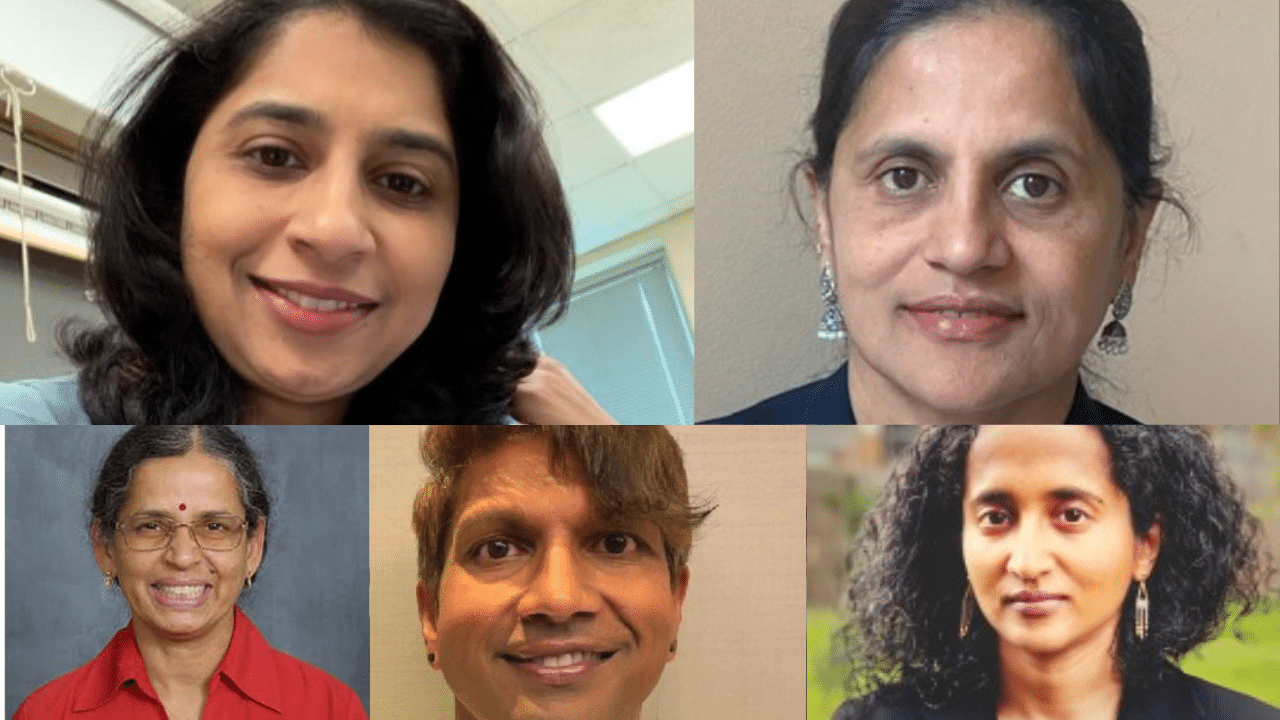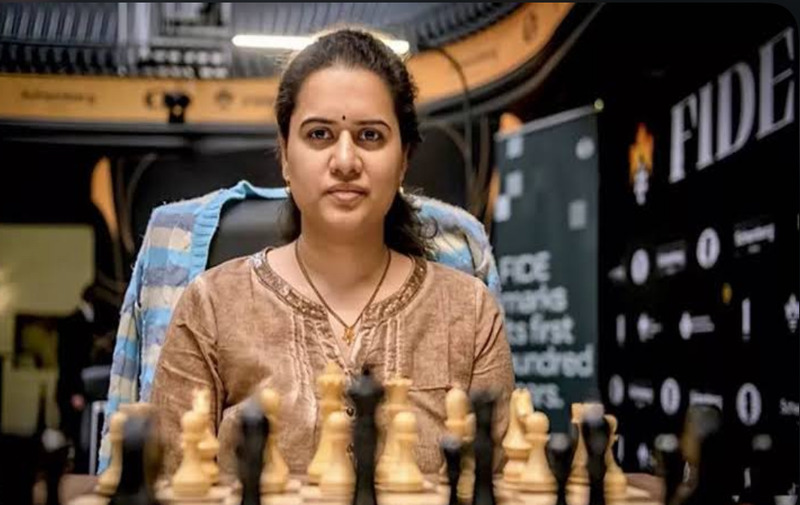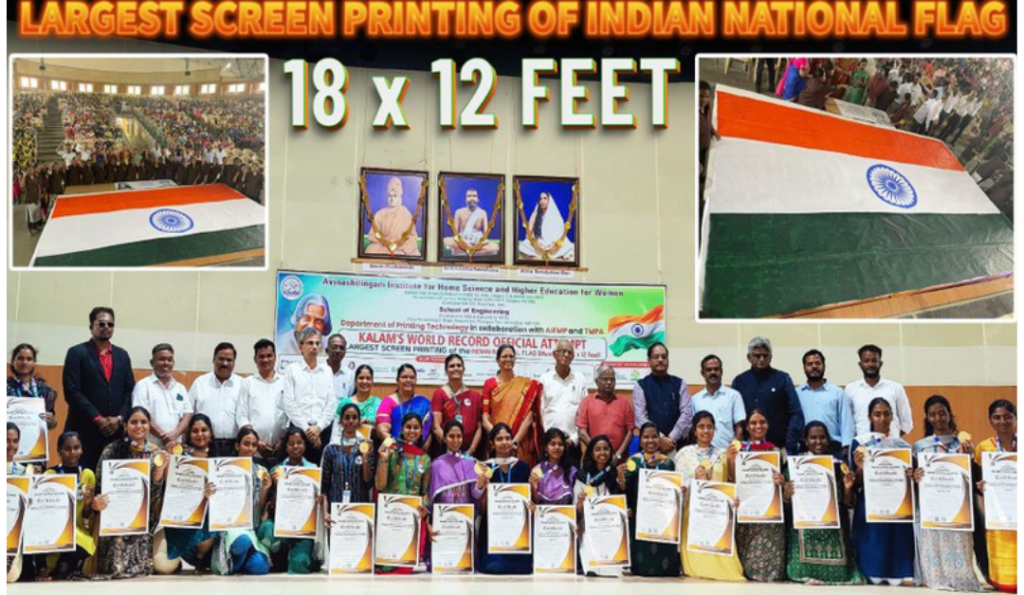Indian-American Educators Recognized with Presidential Honors for Excellence in STEM Education

In a moment of great honor, President Joe Biden recently announced over 300 recipients of the 2024 Presidential Awards for Excellence in Mathematics and Science Teaching (PAEMST). Among those celebrated were several distinguished Indian-American educators who have made significant contributions to STEM education.
The PAEMST, which was established in 1983, is one of the nation’s highest honors for K-12 teachers who excel in mathematics and science education. This award recognizes educators who demonstrate outstanding expertise in their subject matter, along with a commitment to fostering an innovative and inclusive learning environment. Each recipient is awarded $10,000, supported by the National Science Foundation, which also helps manage the program.
Among the honorees were five Indian-American educators from various parts of the United States, each known for their unique teaching methods and contributions to STEM. Vivekanand Balija, a science teacher at William Annin Middle School in New Jersey, has made a profound impact on his students by integrating his biochemistry and genetics background into classroom projects. His innovative approach to weather data analysis and landscape modeling has sparked students’ interest in the scientific process. Balija co-founded the school’s Forensics Speech and Debate program, enriching students’ critical thinking skills.
Rama Devagupta, a biology and chemistry teacher at Southridge High School in Washington, incorporates her extensive research experience from the Pacific Northwest National Laboratory into her teaching. Her ability to bridge the gap between research and classroom learning has earned her numerous grants, including the prestigious 2024 Hutch Fellowship. Devagupta holds multiple degrees, including a Ph.D. in bioorganic chemistry from Texas A&M University, showcasing her deep scientific knowledge and dedication to student success.
Another honoree, Anjana Iyer, is an inclusion chemistry teacher at Hillsborough High School in New Jersey. She is a passionate advocate for inclusive education, co-teaching chemistry with a focus on creating accessible learning experiences for all students. Iyer’s presentations on inclusive teaching methods at national conferences further highlight her expertise in integrating diverse learners into the educational process.
Ranjani Krishnan, who teaches computer technology and mathematics at Lincoln High School in Portland, guided her students in developing a 3-D face shield prototype during the COVID-19 pandemic. Her work not only provided hands-on learning experiences but also addressed critical community needs, showcasing the power of STEM education in real-world applications. Krishnan holds advanced degrees in both mathematics and music theory, demonstrating her versatility and passion for cross-disciplinary education.
Finally, Rajini Sundararaj, a seasoned science educator with 28 years of experience, promotes equity in her classroom by emphasizing differentiated instruction and inquiry-based learning. Her work at South Atlanta High School in Georgia ensures that every student, regardless of background, has the opportunity to succeed in science education. Sundararaj holds a B.S. and M.S. in physics and an Ed.S. in curriculum and instruction, reflecting her commitment to both her students and her craft.
These educators stand as exemplars of the power of teaching in shaping future generations. Their work not only empowers students but also contributes to advancing the national conversation on STEM education. As the nation moves toward a future that increasingly depends on innovation and critical thinking, the role of dedicated educators like these becomes ever more crucial. Their recognition with the PAEMST underscores their essential contributions to preparing the next generation to meet tomorrow’s challenges.





No Responses